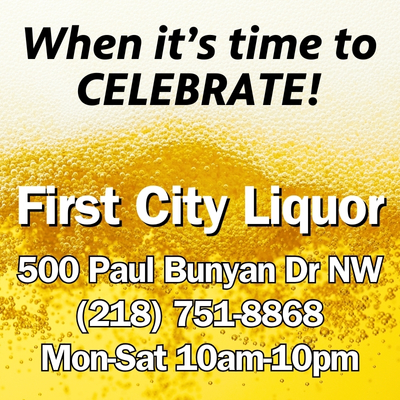Dec 13, 2016 | By: Mal Meyer
Environmental Review Begins For New Oil Pipeline: Part One
A full environmental analysis of the proposed Line 3 replacement project has begun. Enbridge wants to decommission the current Line 3 pipeline that runs from Alberta, through Minnesota and ends in Superior, Wisconsin. The company would then put in an updated pipeline but in a different route.
The Minnesota Department of Commerce announced last week that a sub-unit would be putting together the report of Enbridge’s preferred route. This report would also examine the many concerns of residents and groups who filed public comments during the scoping period.
Lakeland’s Mal Meyer talked to some of the people who filed comments during that time on various sides of the issue. Mal found that they were concerned about what this could mean for the economy and the environment. In the first part of this two part series, we’ll hear about some of the environmental factors that could be assessed in the final report.
Craig and Sandy Sterle were the first people to file comments back in May of 2015 on the proposed Sandpiper and Line 3 replacement projects. The original route of the Sandpiper would have crossed their property. Citing the Enbridge Kalamazoo River oil spill of 2010 and previous Minnesota spills, Sterle says he worries about others near the proposed route.
“It could have long term negative ramifications for whoever lives near by,” said Sterle, who spoke to Lakeland News in his Barnum home.
Sterle says there are many engineering problems that should be addressed. One study found interference from power lines can contribute to accelerated external corrosion to the pipeline.
“Part of the EIS process needs to look at whether those two are going to be compatible for a 50 year time period,” said Sterle.
Enbridge cites the pipelines age and current wear and tear as the need for the replacement. Since the Kalamazoo oil spill, Enbridge says it has updated its pipeline technology to detect spills more efficiently.
“In the end, it will be more efficient, safer infrastructure for Minnesota,” said Paul Eberth, the director of the Line 3 project.
Lindsey Ketchel, the executive director of the Leech Lake Area Watershed Foundation, is concerned that Enbridge did not think ahead when installing the line about 50 years ago. Because of additional oil lines and other factors, the company is unable to use large portions of the previous route.
“Does it make sense to sacrifice some of the most important recreational lakes in Minnesota and the headwaters of the Mississippi and the drinking sources for the cities like St. Cloud [for] this new pipeline?”
Various groups want the EIS to address the impact on water quality should the line break and when a pipeline is put in.
“The proposed pipeline, to the extent that should there be any spill, would impact lakes that are already under stress,” said Tom Watson, the president of the Whitefish Area Property Owners Association.
It could also have a tremendous impact on drinking sources. According to the Department of Natural Resources, ground water supplies about 75 percent of Minnesota’s drinking water.
“It doesn’t take long for any of the impurities and the impacts on the surface to get into that ground water, which is now the drinking source,” said Watson.
Ketchel says her organization is realistic and understand the importance of oil. However, there should have been a longer scoping period and had hard copies of informational material about the project more readily available.
“We really want to get to the best EIS we can, but we need as much thoughtful analysis as we can to get there,” said Ketchel.
With so many routes, repercussions and alternatives to include in the report, some worry that the timetable is not long enough.
“The big question will be: is 280 days sufficient to get the job done,” said Watson.
The many people Lakeland PBS talked to agreed that something had to be done with this nearly 50-year-old pipeline. However, the disagreement is over what that will look like, which is what the EIS could help decide.
Lakeland News will air the second part of this series on Wednesday. We’ll hear from some of the proponents of the Line 3 project, who largely cite job creation as one of the benefits.
The second part can be found here.







